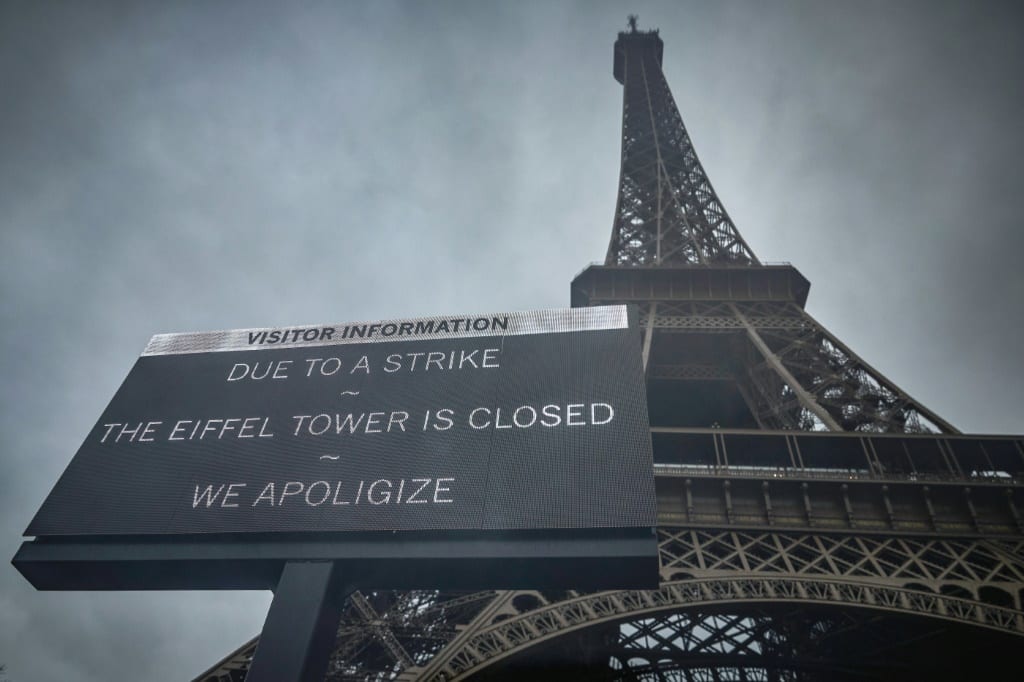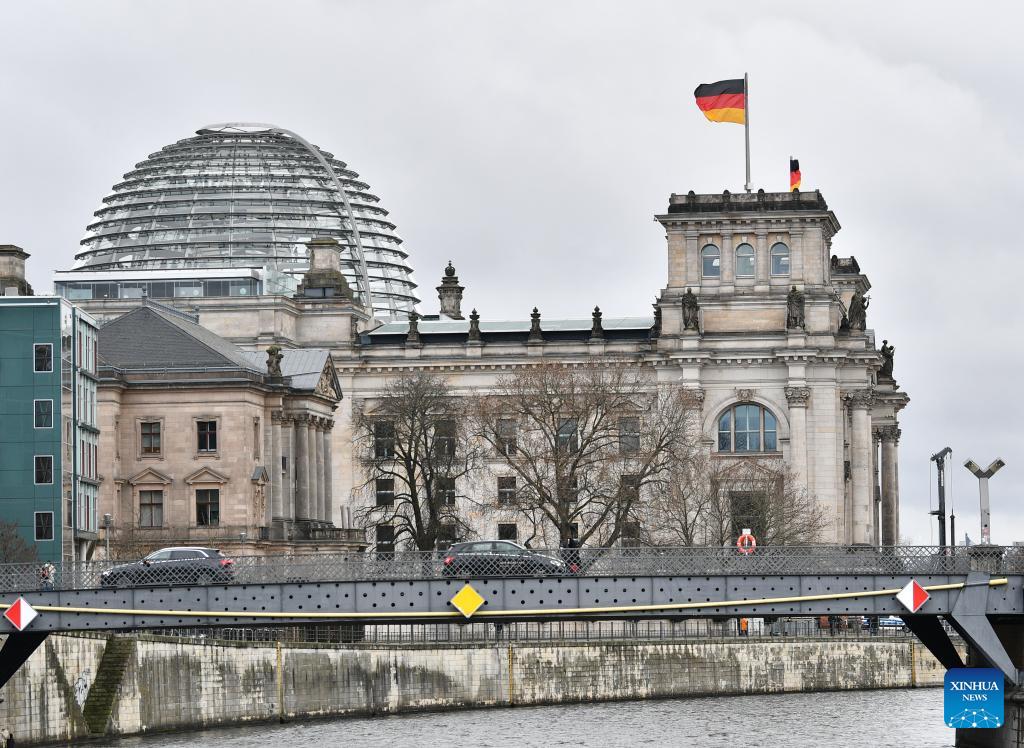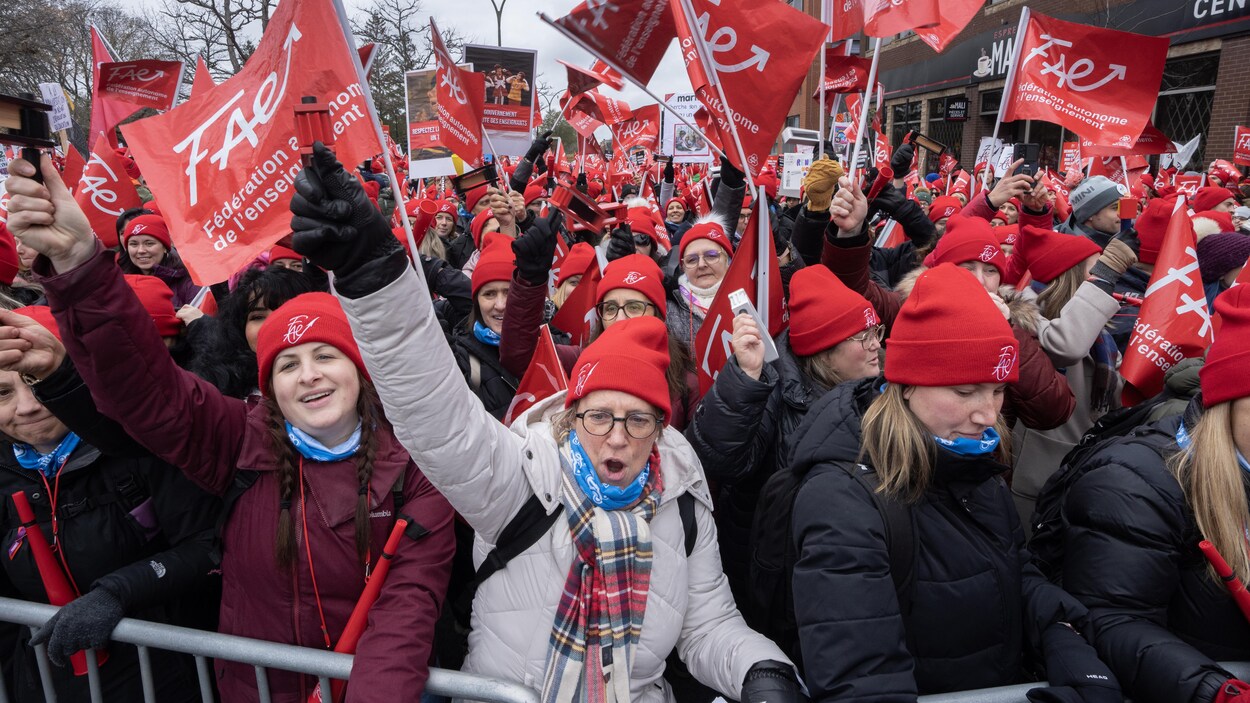












Labor strikes continue to impact various regions as employees demand better working conditions. In La Réunion, FREE employees have initiated an indefinite strike to protest against their working conditions [cbd6dbb1]. The strike was prompted by several grievances, including the lack of advance notice for employees to travel to different company locations, leading to exhaustion and burnout. The employees also express frustration over the lack of time off, which forces them to work on their days off. They claim that their concerns are not being heard and are awaiting updates from the company [cbd6dbb1].
Meanwhile, in Quebec, labor strikes in the education and healthcare sectors persist. The Front commun coalition has announced seven new days of strikes for unionized employees in these sectors, aiming to expedite negotiations with the government [92196476]. The Fédération autonome de l’enseignement (FAE) has been on an unlimited general strike since November 23rd, demanding better working conditions [92196476]. The negotiations between the government and the unions show some political will, but the terms of returning to work are yet to be determined. The Quebec Liberal Party (PLQ) is calling for Premier François Legault to personally intervene in negotiations with public sector employees, while several unions believe it would be premature. The unions argue that more resources should be provided to negotiators before the premier intervenes. If an agreement is not reached, the unions may initiate an unlimited general strike [40583a9c] [92196476].
In addition to the labor strikes in La Réunion and Quebec, Germany has also experienced waves of strikes in several sectors since the beginning of the year [5ff86c7f]. In January, a five-day strike by train drivers caused a standstill of rail transport. This was followed by strikes by local transport staff and flight cancellations by pilots and ground staff. The strikes have been criticized for degenerating into class warfare, and the government has expressed concern about the impact on the green transition in the transport sector. Unions in Germany are seeing an increase in membership and are prepared to escalate wage disputes. Strikes are only allowed for collective wage agreements in Germany. From 2012 to 2021, Germany lost an average of 18 working days per 1,000 employees due to strikes [5ff86c7f].
However, there is a new development in the labor strikes in Germany. Germany's Deutsche Bahn railways and the GDL train drivers' union have returned to the negotiating table after a wave of strikes demanding better pay. The talks are described as "intensive and constructive" and are taking place in "small committees and behind closed doors". Both sides are confident of being able to announce a result next week. The train drivers have walked out six times since November, including a 24-hour stoppage last Tuesday. GDL wants more money for its members as well as a 35-hour week for the same salary as the current 38-hour week. Deutsche Bahn has offered up to 13 percent more pay and the option of cutting the working week down to 37 hours starting in 2026 [a4a1bf0f].
Meanwhile, in Paris, the Eiffel Tower remains closed for a second straight day as staff extend their strike in protest over the way the monument is managed financially [b826b8d3]. The strike, which started on Monday, is the second strike at the Eiffel Tower within two months for the same reason. The tower's operator, SETE, said that visits to the monument will be disrupted on Tuesday and advised ticket holders to check its website for updates. The CGT and FO unions have called on the city of Paris to be reasonable with their financial demands to ensure the survival of the monument and the company operating it. The strike extension will be confirmed in a worker assembly vote on Tuesday [b826b8d3].
Keolis commuter rail workers in Massachusetts have joined the labor strikes, protesting low pay and lackluster benefits [0b706c8f]. More than a dozen workers packed into an MBTA Board meeting to describe their grievances and urged the agency's leader to consider safeguards for the future of commuter rail operations. The workers claim that the MBTA has treated the commuter rail as the illegitimate stepchild, resulting in low wages and disparities compared to other agencies. Some Keolis employees work 80 hours per week just to make ends meet in the expensive state. Negotiations are ongoing between Keolis and unions representing over 2,000 employees. The MBTA is considering potential alternative approaches for its successor contractual structure. Keolis has provided raises roughly once per year between 2017 and 2022. The company is negotiating in good faith with each collective bargaining unit to amend their existing collective bargaining agreements. The workers called for industry-standard contracts and warned of the possibility of a strike. The MBTA Board Chair acknowledged the situation and expressed support for the workforce. The MBTA's commuter rail has seen strong ridership post-pandemic compared to other commuter rails across the nation. The workers' grievances are seen as ironic given the rail's performance. The MBTA is fully supportive of the workforce and will stay on top of the negotiations [0b706c8f].
Scotrail workers in Scotland are set to be balloted for strikes in a dispute over train staffing [326cddad]. More than 100 members of the Rail, Maritime and Transport union (RMT) will vote on whether to launch a campaign of industrial action in response to plans to run services on Barrhead and East Kilbride routes without a second member of staff. The RMT general secretary, Mick Lynch, stated that Scotrail is trying to implement driver-only operation (DOO) without a second staff member on board, which is important for safety and passenger comfort. The ballot will end on April 11 [326cddad].
Frequent strikes by rail and air staff in Germany could bring negative consequences for the country as a business location, warns Steffen Kampeter, managing director of the Confederation of German Employers' Associations (BDA). The German Economic Institute estimates that a single day of a nationwide rail strike costs up to 100 million euros (109 million U.S. dollars) in economic output. Kampeter criticizes the unions' actions as 'disproportionate' and calls on legislators to make a clear commitment that industrial action must remain the exception. Minister of Transport Volker Wissing states that the government will closely examine the situation once the wage dispute has been resolved [87d9bce5].
These labor strikes highlight the growing concerns about collective agreements and salary reduction. Reeaz Chuttoo, from the Confederation of Private and Public Sector Workers (CTSP) in Mauritius, emphasizes the need for employees to mobilize and denounce companies that bypass collective agreements to reduce salaries. He calls for government intervention to protect the progress made in increasing the minimum wage [81fc2e6f].
In Nuremberg, Germany, the city service VAG is facing a serious manpower shortage and has resorted to recruiting university students to drive trams part-time outside of school hours. The VAG needs to recruit 160 new drivers annually to operate its metro, trams, and buses. Public transport operators across Germany are also grappling with a severe manpower shortage, which has led to strikes and concerns about deteriorating conditions. Other German cities, such as Mannheim and Munich, have also started hiring students to fill the gaps in public transport. The apprentice drivers undergo an accelerated four-week training course during school holidays and are expected to work 20 hours a week once they pass their driving test [2be95ec1].
In Hong Kong, Citybus is offering contracts that allow drivers to take two days off after working three days straight in a first-of-its-kind industry move to attract younger drivers. Citybus aims to bring in at least 100 recruits to lower the company's age profile and provide enough manpower for long-term route development. Successful applicants can earn HK$21,000 a month and a one-off HK$6,000 bonus. The new arrangement reflects the fact that Gen Z workers prioritize work-life balance and enjoy taking more holidays. Citybus aims to recruit 100 drivers under the three-day contract program, but the number could be increased if the response is strong. Citybus is one of the city's five franchised bus operators with about 5,000 staff and operates more than 1,700 buses serving about 230 routes across the city. The arrangement is the latest effort by the public transport operator to hire young workers, following the launch of a half-day bus driver contract two years ago. KMB, the city's largest franchised bus operator, also sees a growing need for work-life balance in the labor market and has introduced a five-day work week for its drivers [0bcf9605].
Reflecting on the history of labor strikes in Hong Kong, on November 29, 1989, 1,700 drivers for the China Motor Bus Company (CMB) staged a four-hour strike to demand better retirement benefits, marking the first transport strike in 20 years. The strike began at 10 am after drivers rejected a proposal for an emergency meeting by the Motor Transport Union. Transport Commissioner Gordon Siu Kwing-chue held an emergency meeting early that morning to address anticipated traffic chaos, particularly affecting the Southern district with 237,900 residents reliant on CMB services. The MTR increased rush-hour train frequency to 2-minute intervals, and all schools on Hong Kong Island were closed for the morning. Legislative councillor Hui Yin-fat criticized CMB management for handling the dispute poorly, noting the company's net profit of HK$59.63 million and the disparity in retirement benefits compared to its competitor, KMB. The union's modified pension scheme was deemed insufficient by the drivers, leading to tensions and protests at the depot [7c4a40b9].